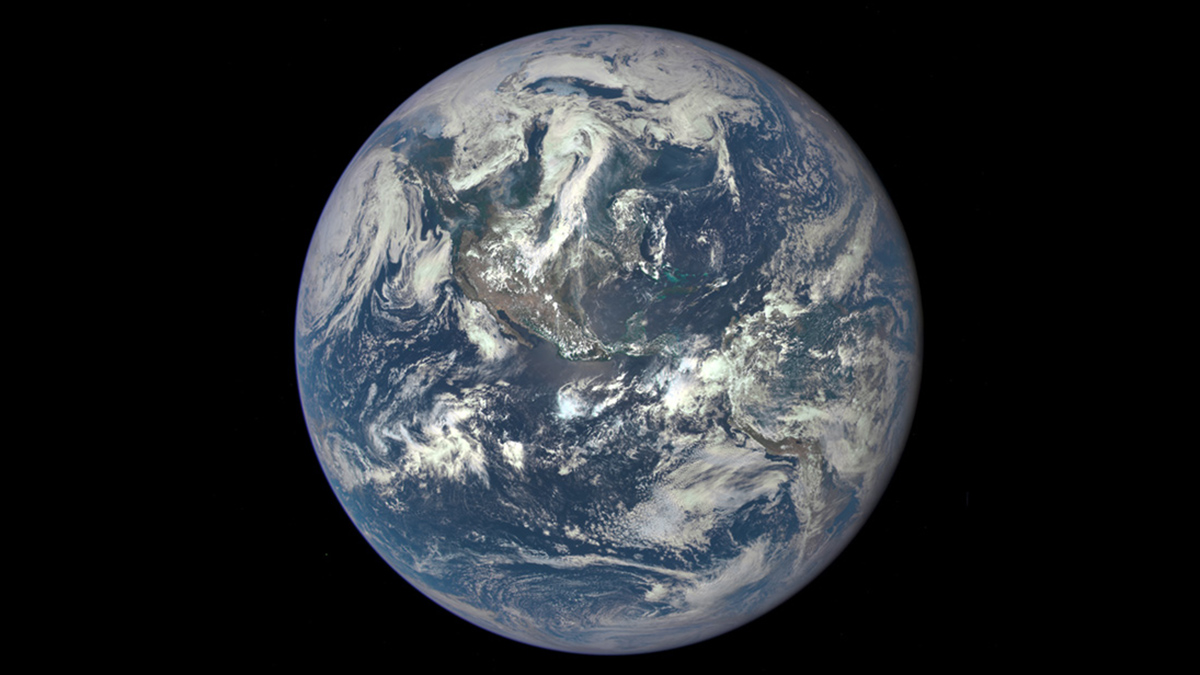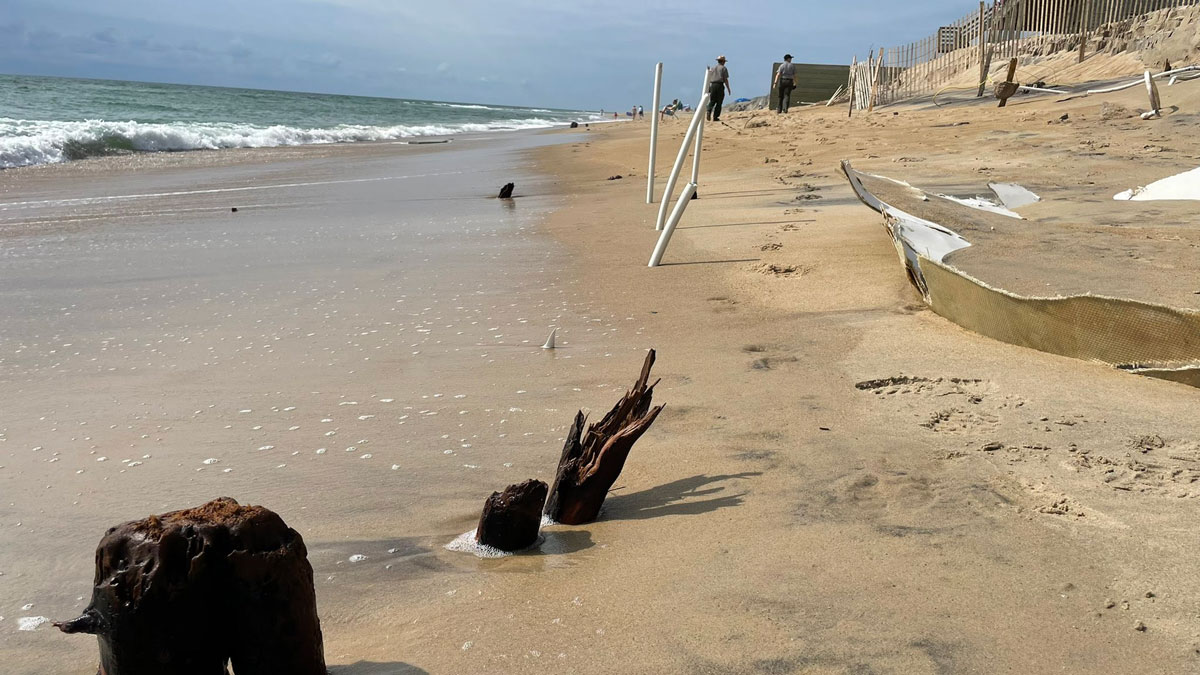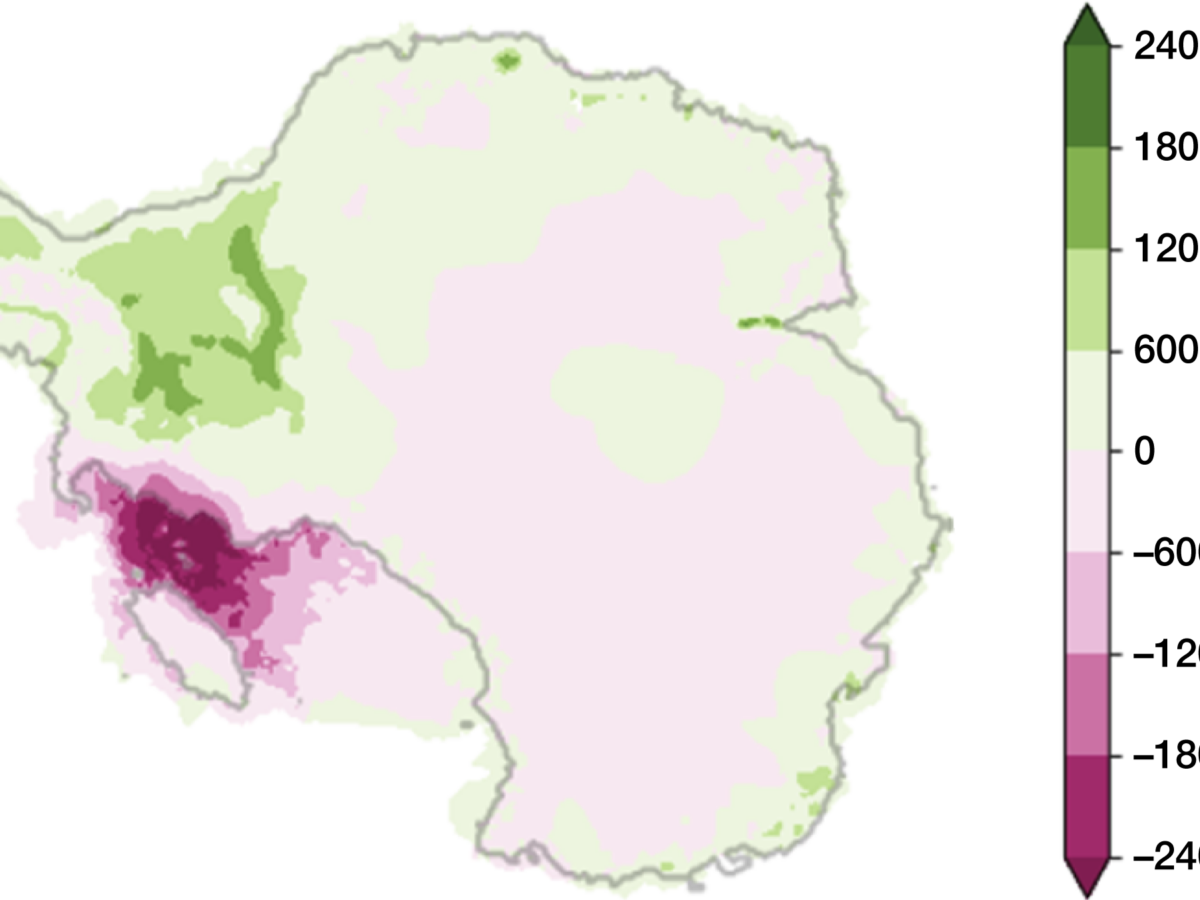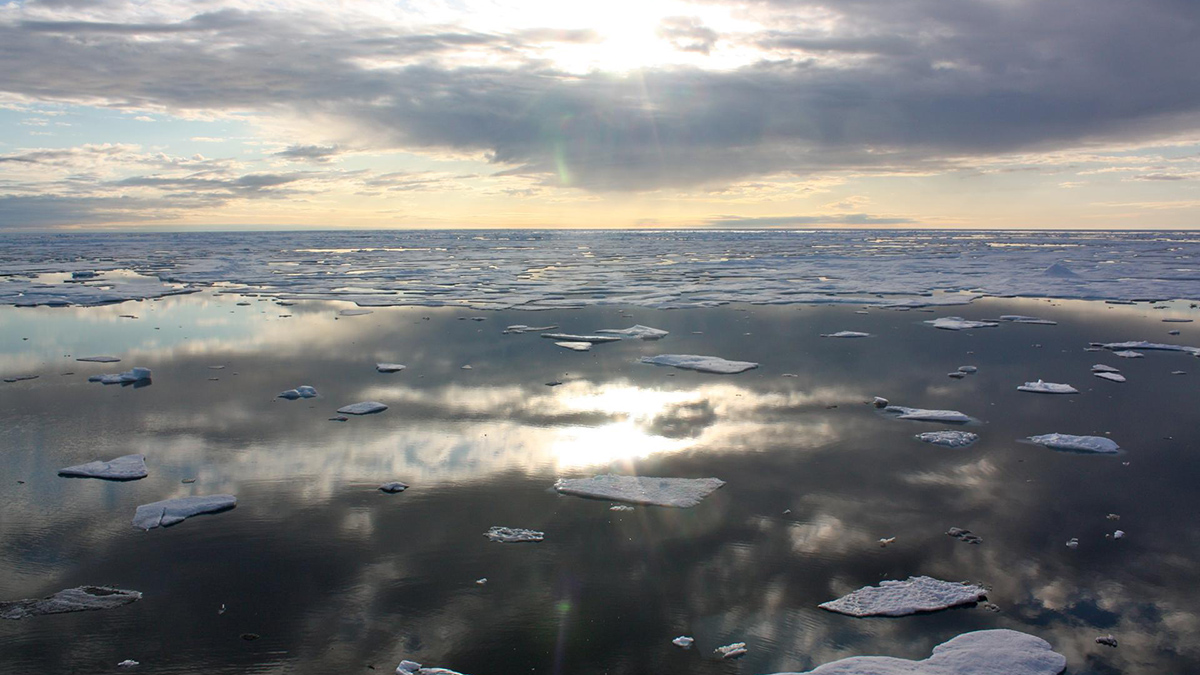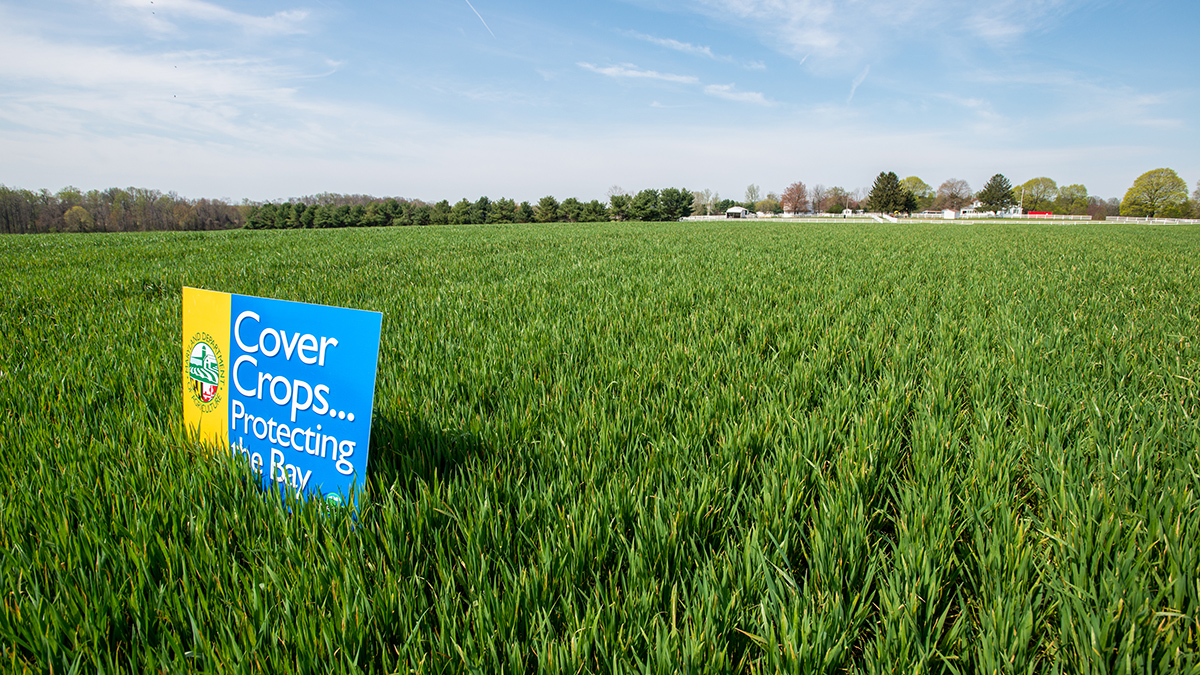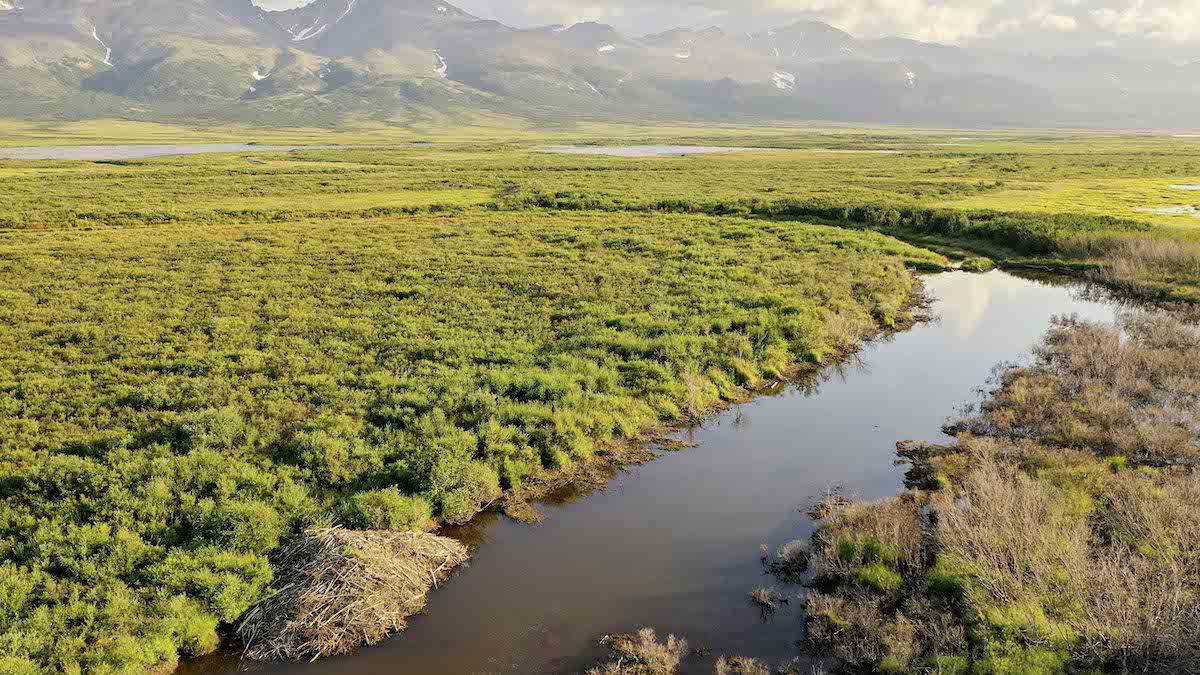The proposed distinction could improve Earth models.
Earth science
Coastlines Around the World Are Losing Sediment
A new tool maps coastal sediments on the basis of water color. It shows that 75% of the world’s coastlines may be losing suspended sediment.
Water Testing Builds Trust in Science as Maui Communities Recover
Following fires that ravaged the island in 2023, researchers educated residents about how wildfires affect water quality, and gathered data to determine how wildfire impacts change over time.
Buried Tree Stumps Show Shoreline Shifts of the Outer Banks
Storms are unburying centuries-old stumps on North Carolina’s barrier islands. Researchers hope these long-gone forests can help land managers plan for the future.
Mantle Motion Matters for Mapping Modern (and Ancient) Ice
Mantle motions have major effects on topography and the distribution of ice sheets. The motions are key for researchers trying to properly parse past mantle movement.
Another Hot Arctic Year Indicates a New Climate Regime
NOAA’s annual Arctic Report Card illustrates a warmer, wetter, and increasingly wonky Arctic climate.
Millions in India Vulnerable to Glacial Lake Floods
Climate change–driven factors make regions more vulnerable to glacial lake outburst floods.
Cover Cropping May Not Be Cash Crop Panacea
Intended to improve soil health, these crops are also associated with moisture depletion at shallow depths, which significantly impacts cash crop yields in arid regions.
Snowmelt Sends Caribou Packing
Researchers compared caribou tracking data with satellite observations to learn whether snowpack conditions trigger the animals’ arduous annual migration.
Arctic Beavers Advance North and Accelerate Permafrost Thaw
As beavers build dams in new areas, they impound water, warming permafrost adjacent to their ponds.

